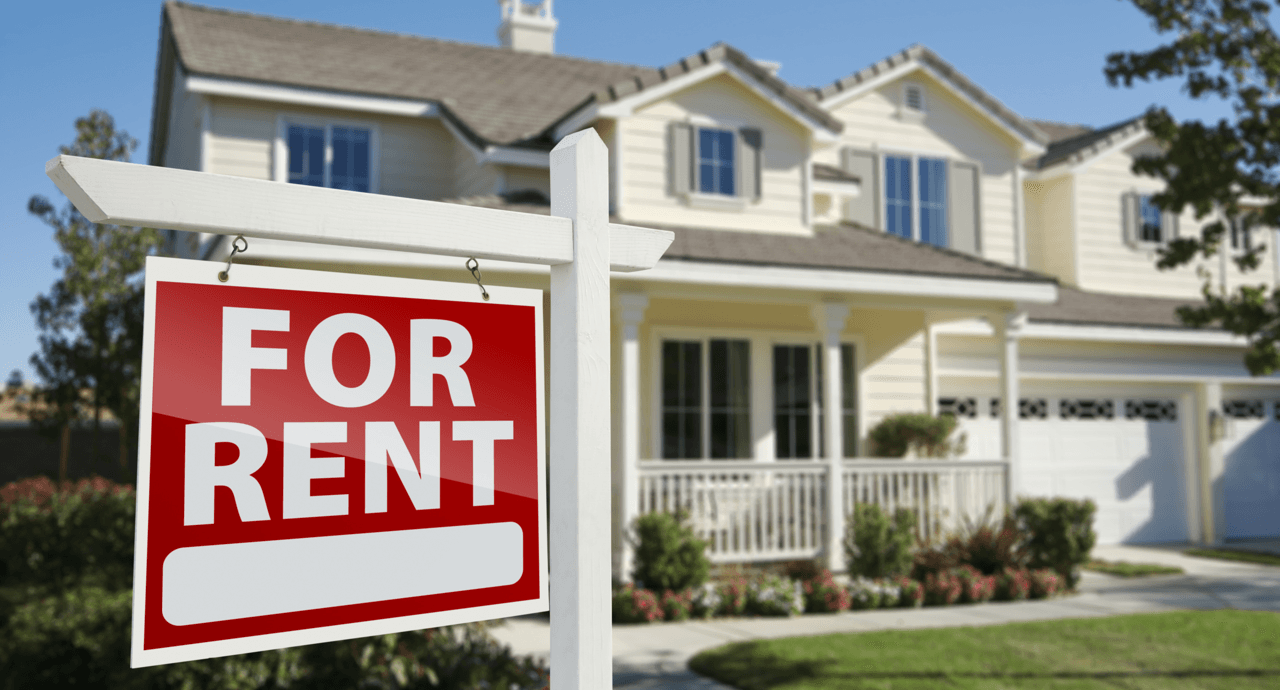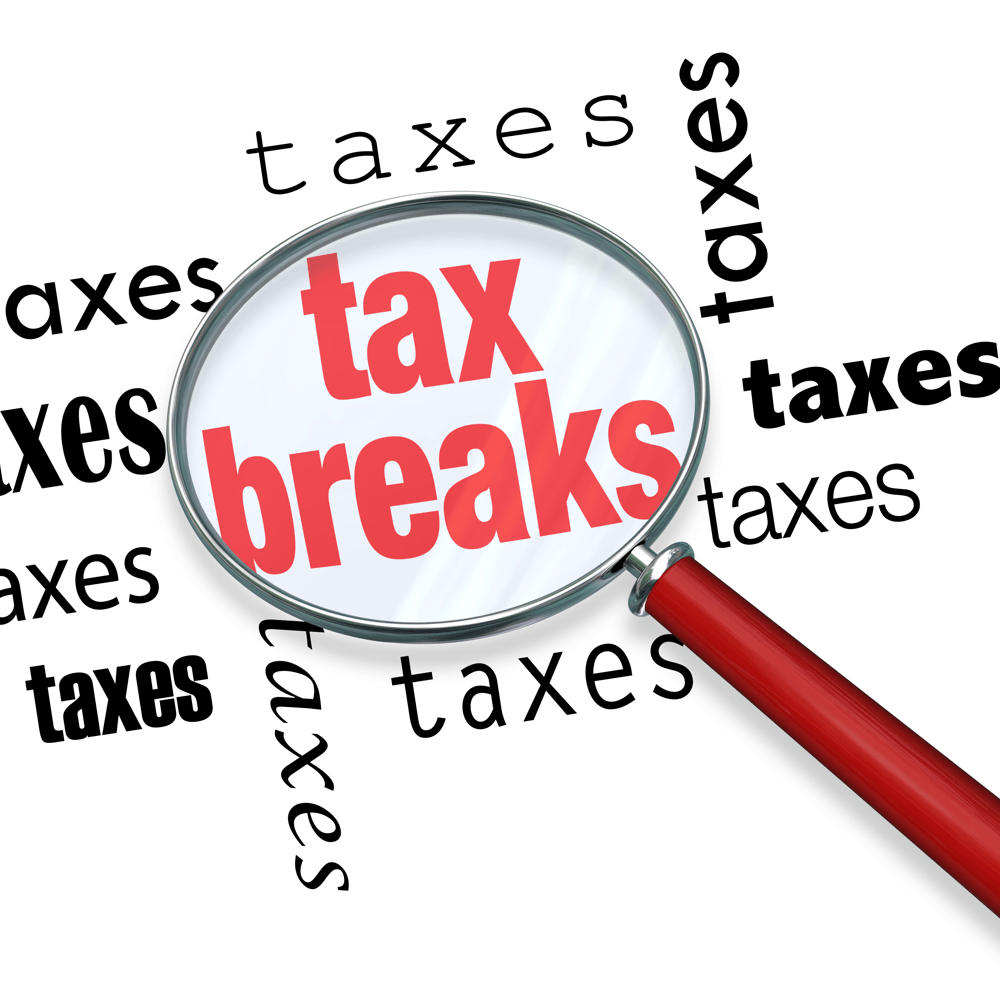 Are you considering an investment in an income property? Decisions like these deserve some thought and research. While income properties can be a fantastic and worthy investment, they can also keep an owner busier than people often think. We’ve put together some pros and cons to give you a clear and balanced perspective on owning income properties. We hope this helps in your decision!
Are you considering an investment in an income property? Decisions like these deserve some thought and research. While income properties can be a fantastic and worthy investment, they can also keep an owner busier than people often think. We’ve put together some pros and cons to give you a clear and balanced perspective on owning income properties. We hope this helps in your decision!
Do you want the good news or bad news first? Let’s start with the good! The pro’s include:
Money, Money… Money!
Managing a mortgage becomes a lot easier when someone else is helping to pay it. This means when you are ultimately ready to sell the property, you’ll have gained equity without having to have had to contribute too much financially.
Or, you may find yourself sharing a property. For example, you could choose to rent out a basement suite in your home. The rent you receive from this suite could cover or at least significantly reduce your monthly mortgage payment, freeing up income for you in the short term to use or invest how you please!
Tax Savings
Did you know landlords can claim certain items for tax deductions? There are several costs a landlord can claim that will decrease their overall taxes owed each annual tax season. Landlords can claim any property related expenses including:
- ongoing expenses that provide the property short term benefits
- capital expenses that provide the property longer term benefits
- any prepaid expenses
- office expenses
 If the property needs any maintenance or repairs, that is tax deductible too. Believe it or not, even the home insurance and property taxes can be claimed! If applicable, other expenditures can be claimed as well, including:
If the property needs any maintenance or repairs, that is tax deductible too. Believe it or not, even the home insurance and property taxes can be claimed! If applicable, other expenditures can be claimed as well, including:
- utilities (if paid by the landlord)
- travel to and from the property
- advertising costs
- interest paid on the mortgage or other expenses
- as well as legal, accounting, and administration fees – meaning if you hire people to manage the property, their salaries are tax deductible!
Ability to Play the Market
Income properties allow owners to use the fluctuating housing market to their financial advantage. For example, let’s say the current housing market is in a state whereby housings costs are very low. If you choose to convert your home into an income property, you can capitalize on low costs while buying yourself a new home but also prevent taking a loss on the sale – as your income property will continue to pay its own mortgage until the housing market improves. When it does finally improve, you’ll be set to get the maximum sale price for your home!
While it may seem like you can’t go wrong with an income property, we promised a balanced perspective. Here are a few cons to consider:
Responsibility
Landlords are responsible to their tenants and to their property. Finding the right tenant will require at least a few interviews. Once you have found them you will need to set up a rental agreement and/or lease. You need to make sure the agreement is done properly and legally. You will also have to collect rent on time and understand what needs to happen if a tenant breaks their lease or defaults on their rent payments.
It would be helpful for any landlord to make sure they understand the laws that protect both landlords and tenants, should anything ever happen. Finally, the landlord’s responsibility to the property is a big one. Landlords need to keep a property well maintained. Emergency repairs could come up and they may be unexpectedly expensive!
Instability
An income property isn’t necessarily guaranteed income. Let’s face it – not all tenants are going to be ideal. If a tenant does not pay on time, in full, or at all – you will need to be able to cover the mortgage regardless. There’s also the possibility of having your rental property sitting vacant at times. This means that during the lapse in tenants, you are solely responsible to cover any costs. Landlords should definitely have some liquid assets to fall back on for these reasons.
MORE money, money, money
If it hasn’t already been made clear, owning a rental property costs money! The idea of owning two properties may sound like the most advantageous, but it’s also vital to remember it will require double the funds! This means two down payments and double any other associated costs as well. If this is your sole investment, you may want to think carefully. Without any diversification in investments of your assets, you are putting all your eggs in one basket.
In summary, there are many considerations to factor in before deciding if an income property is right for you. Being a landlord isn’t for everyone. We hope this balanced perspective has helped you to understand the good and bad of income property ownership!
